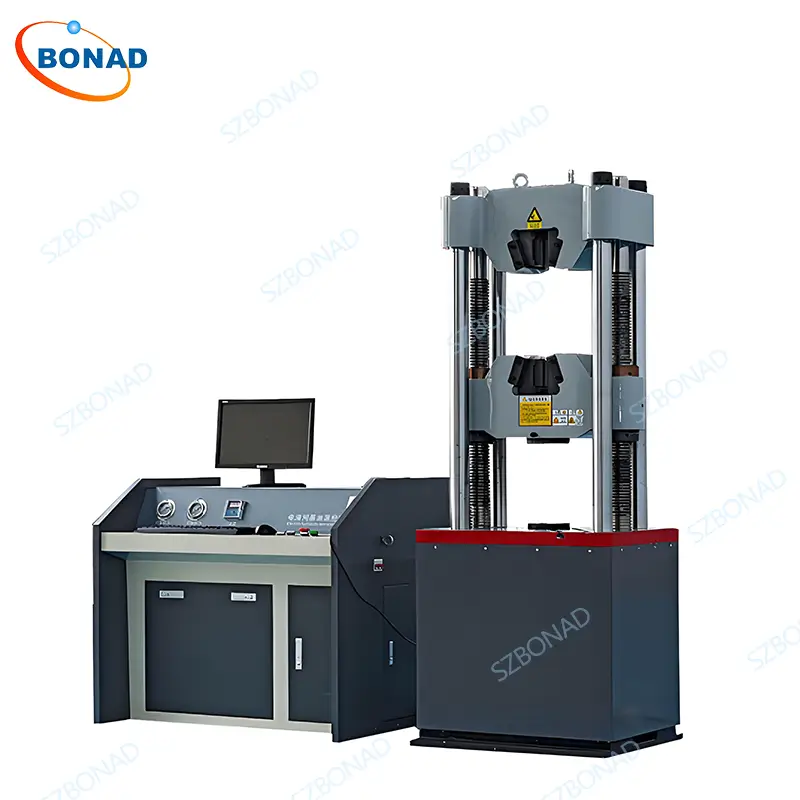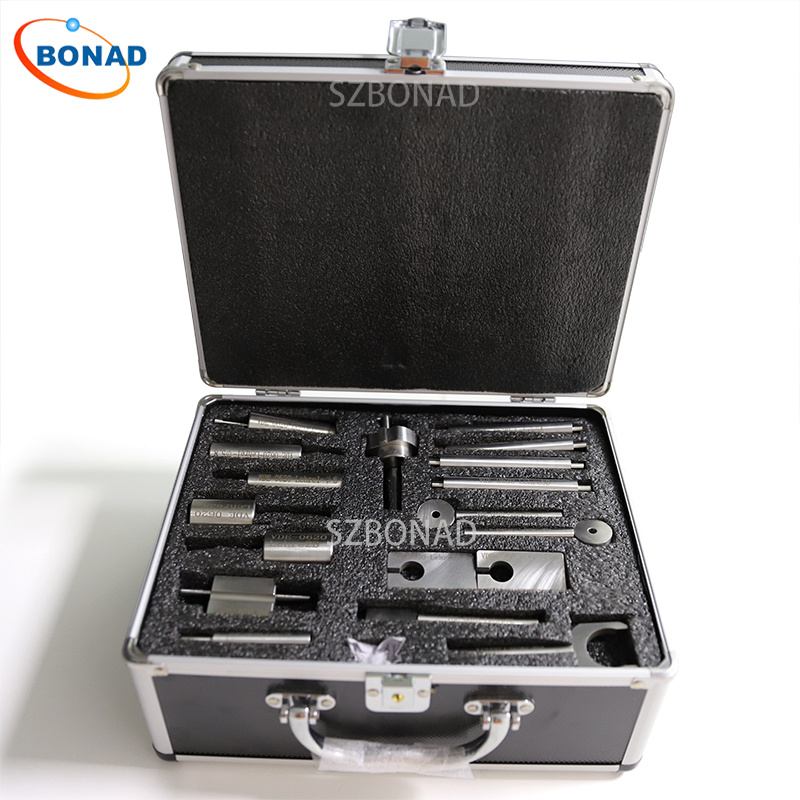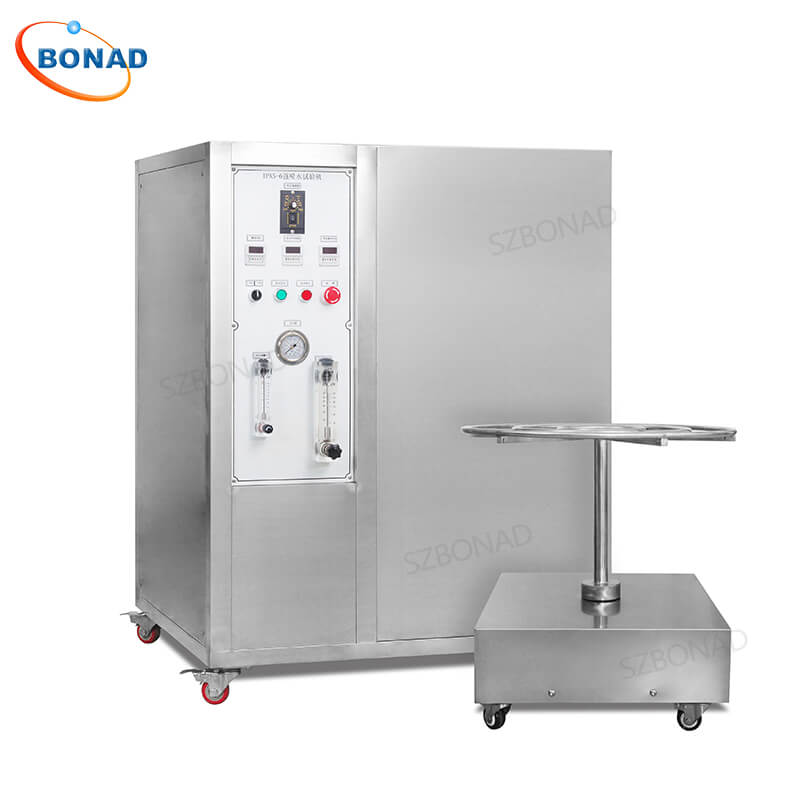Mechanical testing is a fundamental process in engineering and manufacturing used to evaluate the mechanical properties of a material or a finished component. By simulating various forces and environmental conditions, these tests provide critical data on how a product will perform in real-world applications, ensuring safety, reliability, and compliance with international standards.
What is Mechanical Testing?
Mechanical testing refers to a series of standardized procedures designed to measure the mechanical properties of a material as it performs in a specific environment. These properties include strength, ductility, hardness, toughness, and fatigue resistance.
The primary purpose of mechanical testing is to ensure the safety and integrity of final products or structures. It is a critical step in the design, manufacturing, and quality control processes, helping to prevent catastrophic failures, reduce costs, and drive innovation.
How Does Mechanical Testing Work?
The process begins by identifying the most appropriate test methods based on the material and its intended application. Tests are performed under controlled conditions that mimic the product’s operational environment. Skilled technicians use specialized equipment to apply forces—such as tension, compression, or impact—to a specimen and meticulously record the results.
The data from physical tests can be enhanced with computer modelling, like Finite Element Analysis (FEA), to predict product behavior and validate designs before creating physical prototypes.
7 Key Types of Mechanical Testing
There is a wide variety of standardized tests, each measuring specific properties. They can be broadly categorized as follows:
- Hardness Testing: Measures a material’s resistance to surface deformation. Common types include:
- Rockwell Hardness Test (HR)
- Vickers Hardness Test (HV)
- Brinell Hardness Test (HB)
- Shore Durometer Test (for polymers)
- Tensile Testing: Determines a material’s behavior under tensile (pulling) forces. It provides key data like ultimate tensile strength, yield strength, modulus of elasticity, and elongation.
- Impact Testing (e.g., Charpy and Izod): Quantifies a material’s toughness and its ability to absorb energy under sudden impact, especially at different temperatures.
- Fracture Toughness Testing: Evaluates a material’s ability to withstand flaws and resist crack propagation.
- Creep Testing: Assesses how a material deforms under a constant mechanical stress at high temperatures over a long period.
- Fatigue Testing: Determines a material’s ability to withstand cyclic loading, revealing its fatigue strength and predicting its service life.
- Non-Destructive Testing (NDT): Includes methods like ultrasonic or dye penetrant testing to inspect materials for defects without causing damage.
Major Advantages of Mechanical Testing
Investing in mechanical testing offers numerous critical benefits:
- Ensures Safety: The primary advantage is guaranteeing that products operate within their safe limits, protecting users.
- Prevents Costly Failures: Identifying potential issues early avoids the enormous costs associated with product recalls, rework, and in-service catastrophes.
- Validates Design and Quality: Provides empirical proof that a product meets design specifications and quality standards, helping to pass audits.
- Informs Improvement: Data from testing is invaluable for refining designs, selecting materials, and innovating new products.
- Reduces Over-Engineering: Helps optimize designs to avoid using excess material, thereby lowering manufacturing costs.
Why is Mechanical Testing Important?
Failing to conduct proper mechanical testing can have dire consequences, including:
- Failed audits and non-compliance with industry standards, damaging your reputation.
- Catastrophic product failure leading to financial loss, legal action, and, most critically, loss of life.
- Increased long-term costs due to recalls, redesigns, and warranty claims.
FAQ
When should mechanical testing be done?
Testing should be integrated throughout the product lifecycle: during material selection (via Mill Test Certificates), prototype validation, production quality control, and even as part of failure analysis.
Who needs to be aware of mechanical testing?
Design engineers, manufacturing teams, quality assurance managers, and procurement specialists all need to understand the requirements and results of mechanical tests.
What is the importance of a Mill Test Certificate (MTC)?
An MTC (or MTR) is a quality assurance document that certifies a material’s chemical and mechanical properties comply with specified standards, such as EN 10204 for steel.
Conclusion
Mechanical testing is not an optional expense but an essential investment in safety, quality, and efficiency. From simple hardness checks to complex fatigue analysis, these tests provide the foundational data needed to build reliable, high-performing, and safe products. By understanding the different types of tests and their profound benefits, engineers and manufacturers can make informed decisions that protect their customers, their reputation, and their bottom line.



